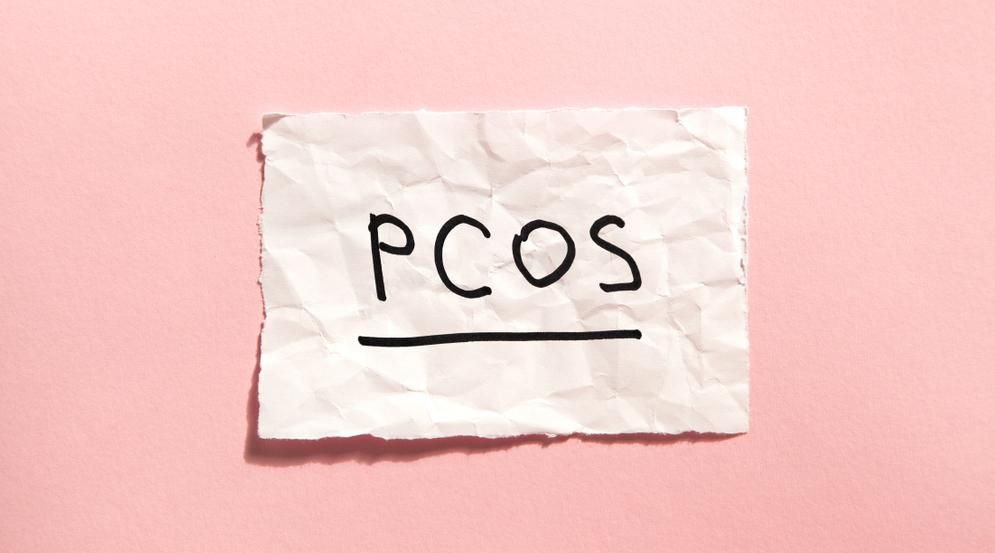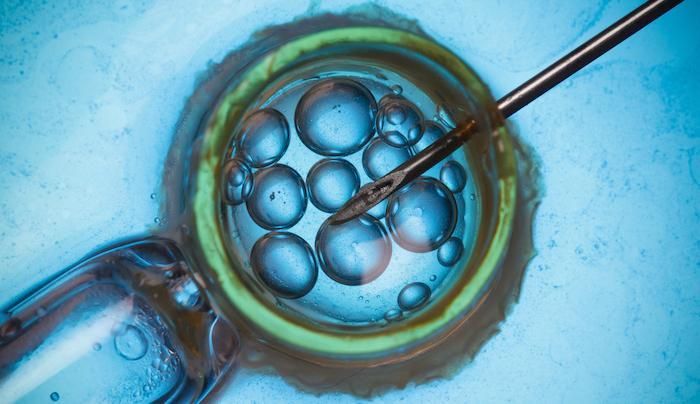Understanding the Ericsson Sperm-Washing Protocol
If you have a strong gender preference when it comes to your next child, consider fertility treatment using the Ericsson sperm-washing protocol. At California Center for Reproductive Health, our doctors Eliran More, MD and Irene Woo, MD, offer this procedure to increase the odds that you’ll have a male or female child.
Make an appointment at one of our offices in Encino, Valencia, Santa Monica, or West Hollywood, California, to learn about the Ericsson method and see if it’s the right choice for you. Whether you want a certain sex to avoid passing a sex-linked genetic defect or desire family balance, the practice is ready to help.
How the Ericsson method works
To understand the Ericsson method of sperm washing, it helps to understand how gender is determined. The fertilizing sperm determines a baby’s sex. If that sperm carries an “X” chromosome, you’ll have a girl, but if it carries a “Y” chromosome, you’ll have a boy. The extra “leg” of the X chromosome slows it down slightly.
The Ericsson method of sperm washing was developed in the early 1970s by a physician and reproductive researcher named Ronald Ericsson. He found that sperm carrying a Y chromosome moved through liquid faster than those carrying an X chromosome.
After a sample of semen is gathered from your partner or a donor, the sperm are sent to pass through a sticky protein liquid. Those that move fastest through this liquid are more likely to be sperm with Y chromosomes. The doctors can then isolate the majority of sperm with the chromosome you desire and place the appropriate sperm into your uterus using intrauterine insemination.
The doctors perform intrauterine insemination as close to your day of ovulation as possible. They’ll help guide you with fertility monitoring beforehand to increase the chances that you conceive.
Accuracy and safety of the Ericsson method
The Ericsson sperm-washing protocol increases your chance of having a baby of a specific sex, but the separation process can lead to an overlap between sperm with X chromosomes and Y chromosomes. As a result, the success rate of getting the gender you want with this procedure is 70-75%. So, when your goal is to have a greater likelihood of having one gender over the other, the Ericsson method is a good choice.
The procedure does not guarantee your baby will be a certain sex, however. If you want a greater chance of getting the sex you prefer, you should look to other methods such as Microsort® technology or preimplantation genetic diagnosis, also offered at California Center for Reproductive Health.
The procedure is quite safe, and you’re at no greater risk of miscarriage or complications than you would be if you had gotten pregnant in a traditional manner.
Our goal at California Center for Reproductive Health is to help families in the Greater Los Angeles area and beyond create the families they desire and deserve. As a leader in fertility evaluation, diagnosis, and treatment, the staff is proud to offer effective, innovative gender-selection procedures as well. Call the most convenient location to set up your consultation or use the online tool to schedule.









